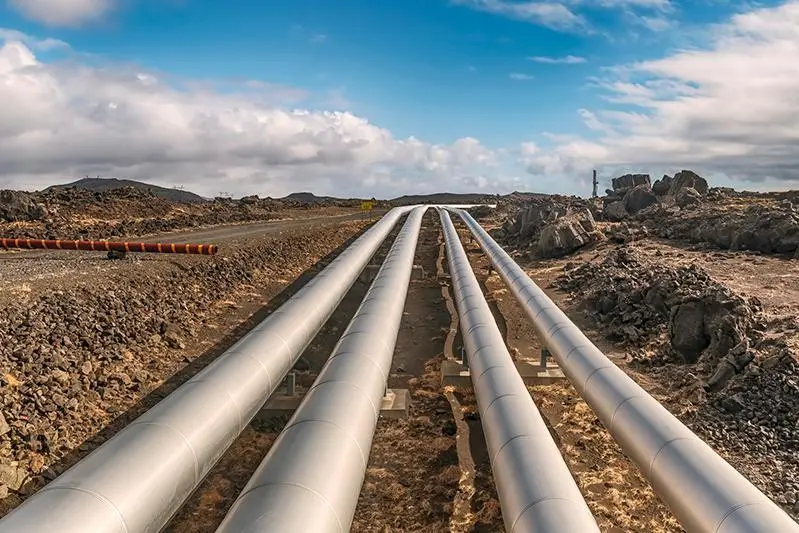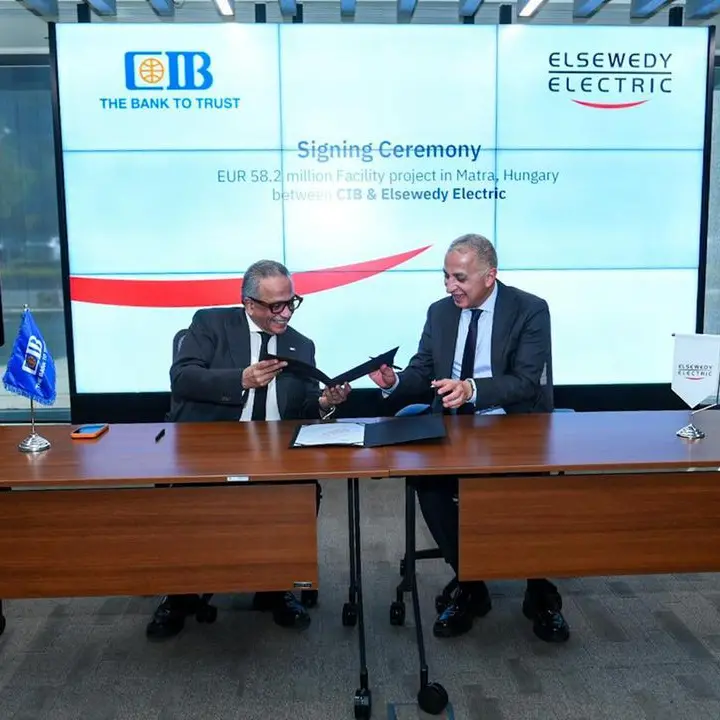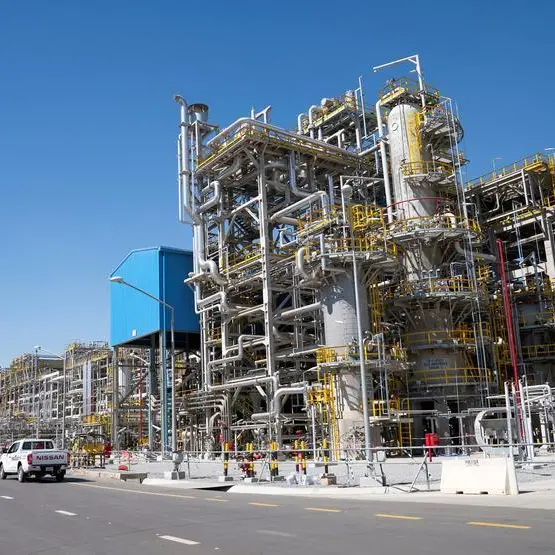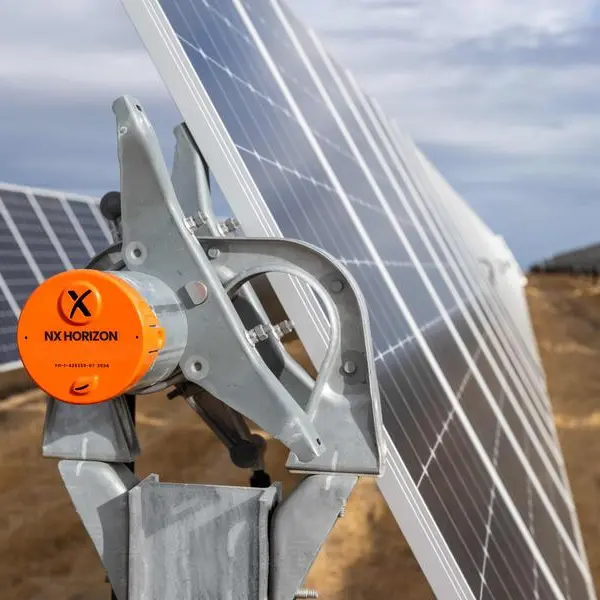PHOTO
AMMAN — A water accessibility and conservation project at the King Talal Dam is being implemented by the German Federal Ministry for Economic Cooperation and Development (BMZ) and Blumont, an NGO that works for the benefit of refugees and host populations, and the German Agency for International Cooperation (GIZ).
The project will reduce the impact of sedimentation and erosion by regulating floods and water flow in the upper part of Zarqa River through construction and restoration activities, as well as improved land and resource management, according to a statement made available to The Jordan Times.
King Talal Dam is one of the largest dams in Jordan, with a total capacity of 76.5 million cubic metres. However, since its opening more than 43 years ago, the dam has lost approximately 20 per cent of its capacity due to sedimentation and severe land erosion around the river.
The dam’s continued operation is “more critical now than ever”, given the increased water demand for both agricultural and daily-life purposes, read the statement.
“The King Talal Dam is an important part of Jordan’s water infrastructure and protecting it supports the broader efforts to improve management and the use of this vital resource,” said Jonathan Nash, president and CEO of Blumont, in the statement.
“Implementing this project while creating livelihood opportunities for the community helps further strengthen a foundation for economic development,” Nash added.
Manar Al Mahasneh, secretary general at the Jordan Valley Authority (JVA), said: “This project plays a large role in reducing dam sediments. The amount of water stored in any dam does not represent the actual quantity of water that can be used for drinking or agricultural purposes due to evaporation and the accumulation of large amounts of silt and sediment over the years.”
Mahasneh noted that the JVA is taking “all possible measures to intensify the available capabilities and efforts”, including construction works.
These efforts aim to prolong the life span of dams and make optimal use of the available water reserves while increasing storage capacity, he said.
The project will also provide temporary employment opportunities to 500 vulnerable Jordanians and Syrian refugees in areas surrounding the Zarqa River and the King Talal Dam. Community members will be hired to support the work, including the installation of irrigation networks, tree plantings, sediment removal and construction of flood mitigation structures.
Blumont will also conduct outreach to increase local communities’ knowledge of soil erosion and flood mitigation in agricultural lands to help protect the area surrounding the dam.
The King Talal Dam protection project is part of the “Protecting Water Dams in Jordan through Labour-Intensive Activities — Cash for Work” project, which is being implemented by the GIZ on behalf of the German Federal Ministry for Economic Cooperation and Development (BMZ) in partnership with Blumont and the Jordan Valley Authority.
“The Dams Protection Project aims to preserve the water storage capacity of dams in Jordan by reducing soil erosion, which will lead siltation in dams, by employing skilled and unskilled Jordanian and Syrian labourers after they receive training,” said Aladdin Hiyasat manager of the Soil erosion Component of the GIZ Project.
He also noted that since 2017 the project has created more than 12,000 temporary job opportunities in all governorates of the Kingdom, 20 per cent of which were women and persons with disabilities.
The project also provides training on modern sediment measurement techniques and the necessary equipment and materials needed to improve dam management, he added.
© Copyright The Jordan Times. All rights reserved. Provided by SyndiGate Media Inc. (Syndigate.info).





















